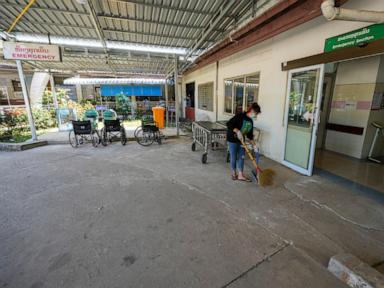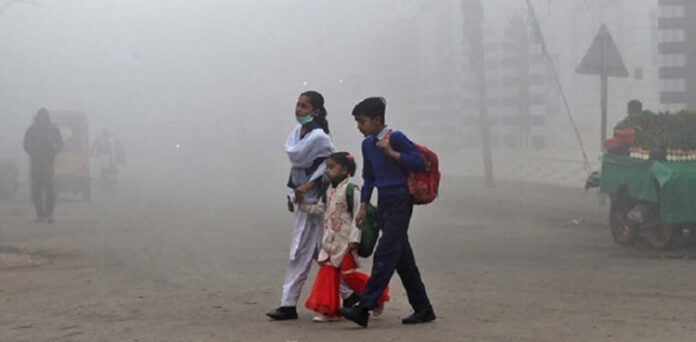
The leader of Bolton Conservatives has warned against wasting money on schemes on a debate about 'active travel' in Bolton. Active travel is essentially persuading people to leave their cars at home to walk and cycle and in a recent council meeting the borough's transport strategy to create 'safe, resilient and sustainable' travel in Bolton to encourage 'vulnerable people to travel with confidence'. Concerns were raised about safer cycling routes across the borough to persuade people to get out of their cars.
It was noted that, for a large percentage of commuters to and from district town centres, the distance travelled was just one or two kilometres and could easily be walked.. Cllr Martyn Cox, leader of Bolton's Conservative Group, said: “I do think the active travel stuff is slightly nuts, I mean, who is cycling home tonight? “A lot of people want to cycle for leisure, so open leisure routes, but the idea that we’re going to transform Bolton in a cycling community is really for the birds.
“In terms of going for carbon neutral electric vehicles – I think that is nuts – we’ll ruin our car industry, and the Chinese will flood the market with their imports. This will create an awful lot of poverty. “I think we need to think carefully about active travel, there’s already been money wasted on schemes, I don’t want to see us waste even more money on others.
” Yet for other councillors, active travel was a significant component in tackling congestion with added benefits for health and wellbeing. Cllr Sean Fielding said: “As someone who frequently does cycle into the town centre, the stretch of road into Bolton is unpleasant, even for an experienced cyclist. “I’ve always been optimistic, when you install cycle infrastructure, which is inexpensive, people will start to use it.
“If you build it, they will come or whatever the saying is.” With routes across the area facing an increase in traffic congestion, critics have argued the plan may be too robust in terms of spending without focusing on tackling more pressing traffic issues, such as dangerous driving. Addressing the Council, Cllr Warren, who represents Breightmet , said: “I think through certain routes seems worse, like Blackburn Road and Bury Road.
“What I have found over the past few years is that vulnerable road users are becoming more aggressive – groups that I never thought would be competing for space and safety. “One of these is the increased use of e-bikes and pedestrians because these can go up to 40mph and if they’re on a footpath it can be dangerous. I’ve seen a lot of people collecting children on them, sitting them on their knee and driving.
“If they’re on a blind bend doing three or four mph and I’m behind them doing 20mph, that’s really dangerous.” READ MORE: Bolton police as Operation Sceptre launched to fight knife crime Road above Winter Hill shut for works on TV mast Bolton Council details its anti-poverty strategy after shock number “There are safety issues occurring on highways and travel networks that you wouldn’t necessarily see in this document.” She also highlighted the question of Martyn’s Law , also known as the Terrorism (Protection of Premises) Bill 2024, which is currently making its way through Parliament and will impose a legal duty on certain public premises and events to take steps to reduce the likelihood of physical harm in the event of a terrorist attack.
The public safety law was named after Martyn Hett, 29, who died in the 2017 Manchester Arena bombing and has been campaigned for by his mother, Figen Murray. Cllr Warren added: “The potential cost of Martyn’s Law is another question in terms of redesigning the streets and increasing the street scene to prevent terrorist attacks, for example with a vehicle in public spaces, for instance, the Food and Drink Festival. “If this comes into law this would be a very large cost for the council to consider in terms of safety.
” Got a story? Email me at [email protected].
uk.














